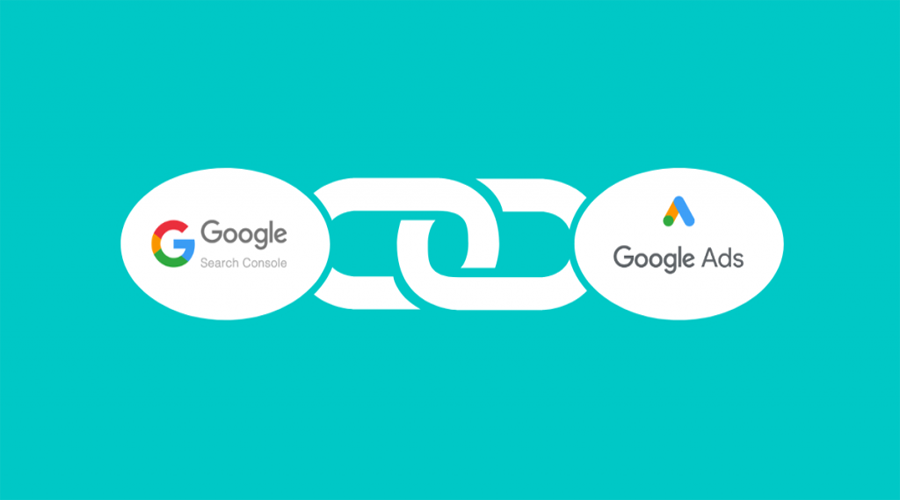Over 100,000 marketers in our community! Let's talk about your technology and marketing events/webinars in our community. Learn More
Smart Bidding vs. Manual Bidding in Google Ads
Originally published: November 05, 2021 09:40:32 PM, updated: November 19, 2022 12:00:00 AM

In recent years, Google has included several machine learning tools into its advertising platform. We've arrived at a point where you can create Google Ads campaigns and have the search engine optimize everything for you.
Google also offers many automatic bidding options that claim to help you get better results for less money. Smart Bidding, for instance, optimizes your bids to maximize conversions by drawing on Google's massive database of user data – but should you give up control of your ad budget?
The difference between Smart Bidding and Manual Bidding
Smart Bidding
Smart Bidding is a subclass of automated bid techniques that employ machine learning to optimize for conversions or conversion value in each auction, a characteristic known as "auction-time bidding." Smart Bidding strategies include target CPA, target ROAS, maximize conversions, and maximize conversion value.

Smart Bidding provides four main advantages that can save you time and help you enhance your performance.
Machine learning with advanced features
Machine learning algorithms are used in bidding to train on vast volumes of data to help you make more accurate predictions over your account on how different bid amounts will influence conversions or conversion value. These algorithms consider a broader range of performance-related parameters than a single person or team could.
A diverse set of contextual cues
With auction-time Bidding, you may optimize your bids based on a variety of indications. Signals are observable characteristics about a person or their environment at the time of an auction. This includes manual bid modifications such as device and location, plus signal combinations available only through Smart Bidding.
Controls for performance that are adaptable
Smart Bidding enables you to set performance goals and tailor settings to your own business objectives.

Performance reporting that is open and transparent
Smart Bidding provides reporting tools to assist you in gaining a better understanding of your bidding performance and troubleshoot any difficulties promptly.
The pros and cons of Smart Bidding
There is no perfect technique for every case in PPC, and it's critical to grasp the benefits and drawbacks of Smart Bidding.
Pros:
- It conserves time.
- Allows you to run campaigns on a "set and forget" basis.
- Google has access to a lot more data than you do.
Cons:
- Google has no idea what you're up to.
- You don't have access to or control over the data that's being used.
- Google's broad data may not accurately reflect your target market.
- Google takes time to "learn" your advertising.
- Campaign objectives are limited.
- Budgetary control has been weakened.
It all boils down to personal preference. Smart Bidding handles bid optimization for you, allowing you to run campaigns that you can "set and forget." Google also has access to significantly more data than any single advertiser, which can be critical in various ways.
To begin with, Google's broad statistics may not reflect your target audiences, which are distinct from the ordinary user. Smart Bidding, furthermore, gives you no visibility or control over the data that's being used, which means you'll never achieve peak performance.
On the other hand, Smart Bidding may rapidly produce "good enough" results, which is critical if Google wants more small businesses to use its advertising platform. It's no accident that Google Ads is introducing a lot of automated capabilities for small businesses.
Manual Bidding
Manual Bidding is the process of controlling bids directly through Google Ads, which means manually increasing or decreasing bids based on various factors, including prior keyword performance or ad position, rather than relying on automated solutions. It's a manual process that relies on human intuition, and it's comparable to being in the trenches on a daily basis, where you're completely immersed in every change and nuance of your account. Marketers who favor this kind of Bidding seek the highest level of control and the ability to quickly make tiny or significant changes.
 Do you have active campaigns on Google Ads and want us to audit them for evaluating their performance? If so, a well-executed audit will be handled to help you spot issues to fix, identify areas for improvement, and give you a clear overall picture of how well your Google Ads are performing. Contact us
Do you have active campaigns on Google Ads and want us to audit them for evaluating their performance? If so, a well-executed audit will be handled to help you spot issues to fix, identify areas for improvement, and give you a clear overall picture of how well your Google Ads are performing. Contact us
Typically, advertisers make decisions based on their intuition, experience, and historical keyword performance data research. This is a lengthy process that requires a great deal of patience, time, and PPC expertise to get a positive return on investment (ROI).
The pros and cons of Manual Bidding
Pros:
- Quick responses — let's say you're monitoring your account and find that performance has dropped dramatically today. You run an Auction Insights report and discover that new competitors have been driving up CPCs, so you swiftly make bid revisions for the keywords that have been underperforming to fight the situation. The capacity to adapt quickly to the constantly changing online environment is a significant advantage.
- Control — you can bid on particular keywords and decide how aggressive you want to be with your bids at the most specific level with this type of Bidding. It's the pinnacle of granularity and power.
- Changes are implemented without delay — Manual Bidding guarantees that your modifications take effect as soon as possible. Hooray!
Cons:
- The larger the account, the more difficult it is to monitor on a granular level — enormous expenditure accounts with thousands of keywords (especially those in E-commerce) become increasingly difficult to control.
- Chance for inefficiencies — having a day-to-day account view can conceivably prevent an advertiser from seeing the "bigger" picture. Furthermore, because Manual Bidding involves humans, there is a possibility of human error.
- Adjusting bids manually may quickly become a full-time task for PPC managers who don't use bid management software.
- Limited segmentation possibilities — you must use a specific account structure to bid similarly on several campaigns or ad groups.
Which is better, Smart Bidding or Manual Bidding?

Image source: Brandalytics
Overall, Smart Bidding is a band-aid solution that yields a mixed bag of results. Go for it if you have a modest account with only a few campaigns. However, for most corporate accounts and according to PPC experts, Manual Bidding is the best long-term answer.
Recommended (by WordStream): 5 Reasons To NEVER Use Google Ads Automatic Bidding
However, there are a few instances in which Smart Bidding strategies are the best option. Automated bidding rules, for example, are an excellent method to manage efficiencies in your Ads account. You can utilize automatic controls to keep track of a keyword's impressions in relation to its click-through rate (CTR) and conversions. You can set an alert to warn you to go in and take a closer look if the CTR and conversions are too low. You can manually halt a term if you believe it is underperforming. If you have a huge paid search account and need to focus on top-performing phrases, this strategy can help.
While Manual Bidding is more prone to be the most suitable option, there are times where it's worth using automated bidding strategies. Knowing when to employ which bidding method is the best solution takes practice, but there are far more options for managing your account than simply turning a switch and hoping for better results.
If you're not sure which bidding option is best for your Google Ads campaigns, speak with an expert paid search agency to determine the best plan for your company.
Got any questions? Ping me on Twitter.
Join over 100,000 SEO and Google Ads experts. We provide a community to help you engage and learn from industry experts and influencers. Join Now
Get Media Coverage for Your Business!
Get published on Google News, AP News, Benzinga, over 100+ NBC, FOX, ABC & CBS affiliate sites and more.



